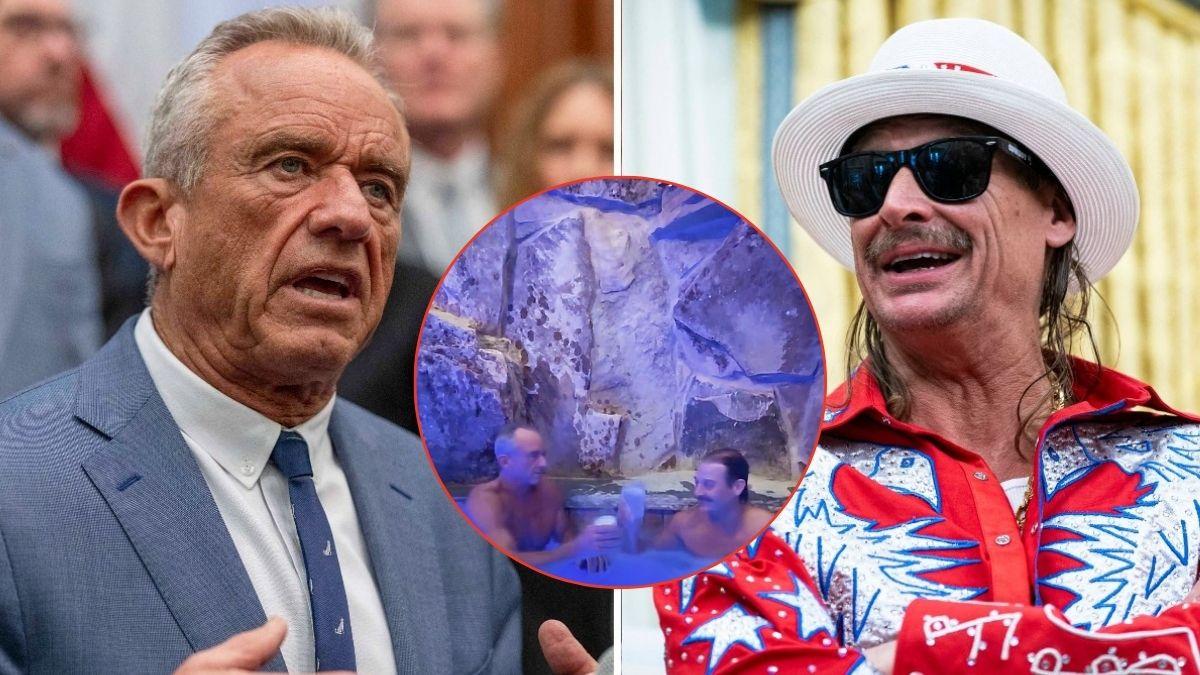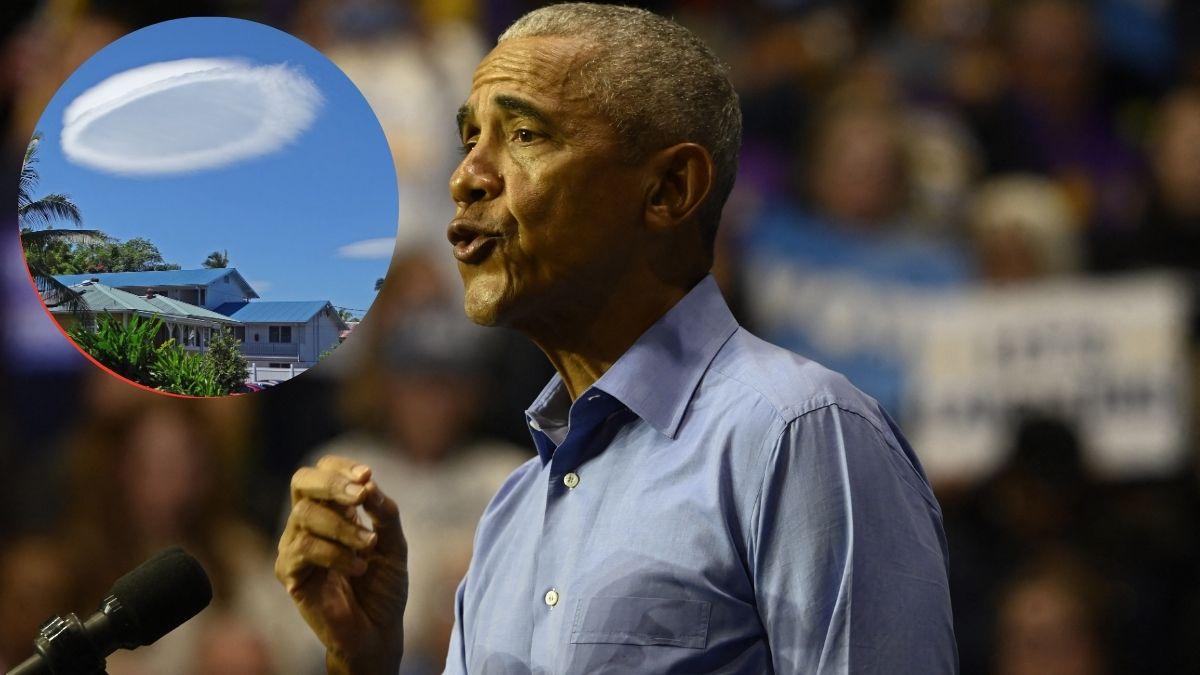Dr. Drew Talks Rise In Celebrity Suicides & What Can Be Done To Help Others
June 19 2018, Updated 7:01 p.m. ET
In recent weeks, the world has been shocked by the tragic suicides of famed designer Kate Spade and beloved food and travel TV host, Anthony Bourdain. In the wake of the shocking deaths, All Rise podcast host Dylan Howard spoke with guest Dr. Drew Pinsky about this heartbreaking pattern — and discussed ways people can reach out and prevent this from happening to others.
“What people have trouble getting their head around is the idea that a celebrity, somebody whom they admire, somebody who seems to have everything, would even be depressed. And that, at its core, is sort of a misunderstanding of what depression is and how it works,” Dr. Drew explained. “This is an illness. Just like everybody else, celebrities have brains and those brains get conditions — addiction, depression.”
Dr. Drew also cautioned listeners against assuming Kate and Anthony, as well as the late Linkin Park frontman Chester Bennington, shared the same set of mental health struggles. “Each of these cases, though they end in suicide, are very, very different,” Dr. Drew explained, adding that Anthony was “high risk” as a former heroin addict, while Kate had a recurring case of depression throughout her life.
According to Dr. Drew’s research, celebrities “have higher levels of narcissism and higher levels of childhood injuries and higher incidents of addiction and alcoholism than the average population.” “So not only are they the same as the rest of us, they come to their celebrity with a little more liability than the rest of us,” Dr. Drew added.
Dr. Drew also pointed out that celebs may have more trouble asking for help, since they are constantly “surrounded by people who tell you you’re great.” Plus, celebs are usually quick to return to work rather than take the long-term break needed to fully allow treatment to succeed.
When it comes to taking care of others who may be suffering from depression, Dr. Drew said the key is to look out for warning signs, like if a loved one begins isolating themselves. “Reaching out is the solution” at that point.
In addition, Dr. Drew said it’s important to turn loved ones’ attention to stories of people who wanted to end their lives but didn’t, and ended up having fulfilling careers — such as Owen Wilson, Jim Carrey, and Tina Turner.

“Their stories need to be told so people understand that they can recover. These things do get better,” Dr. Drew added. “If you can get through that moment, those feelings pass.”
If you or someone you know is suffering from suicidal thoughts, please contact the National Suicide Prevention Lifeline.


